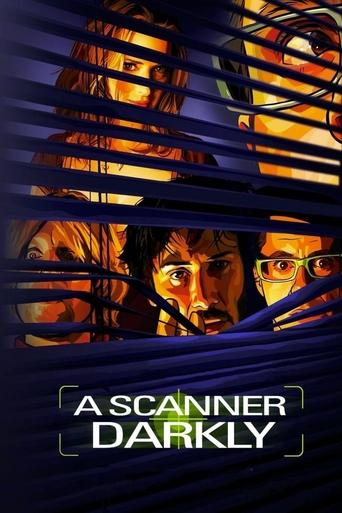
07 Jul 2006

A Scanner Darkly
An undercover cop in a not-too-distant future becomes involved with a dangerous new drug and begins to lose his own identity as a result.

A group of people with schizophrenia meet to discuss their daily lives with the voices in their heads.

07 Jul 2006

An undercover cop in a not-too-distant future becomes involved with a dangerous new drug and begins to lose his own identity as a result.
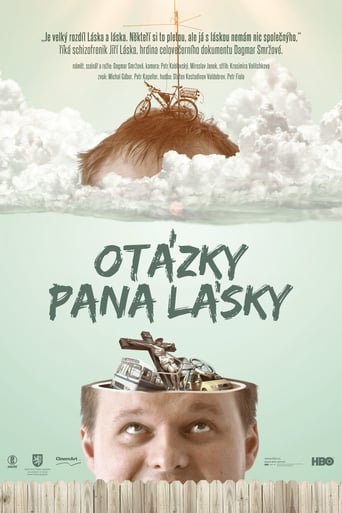
14 Mar 2013

No overview found
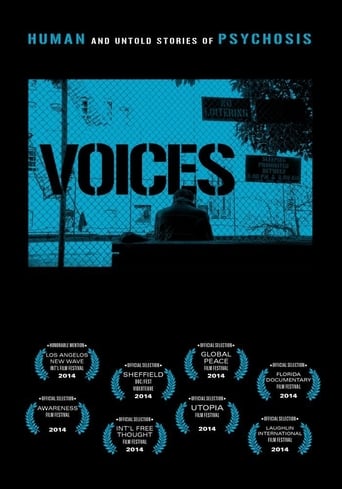
01 Jan 2013

Voices is an award-winning documentary that features the stark and intimate portraits of three very different individuals and their struggle with severe mental illness in America. The stories of Sharon, Thomas and Aaron illuminate the challenges, realities, and often complex emotions and choices that surround people with psychotic mental illness and those who love them.
06 Jul 1989
Initially airing on HBO's "America Undercover" series, this riveting documentary focuses on three families shattered by the psychiatric disorder of schizophrenia. Subjects "Bob," "Missy" and "Steven" have lived for over a decade with schizophrenia. The film documents the difficult day-to-day existence of both those afflicted with this order and the families searching for answers to their loved ones' suffering. This film also shows the varied and variably successful treatment methods for each of the subjects—one is placed in a group home, one is placed in an institution, and one is cared for at home. The documentary was critically acclaimed for its compassionate treatment of mental illness.
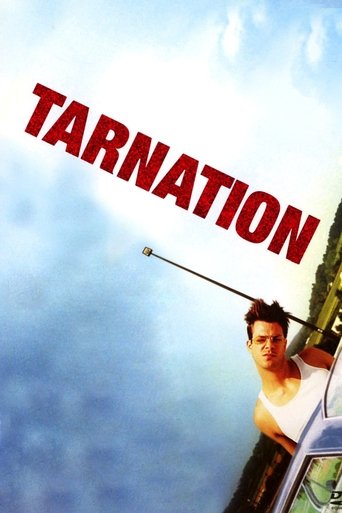
19 Oct 2003

Filmmaker Jonathan Caouette's documentary on growing up with his schizophrenic mother -- a mixture of snapshots, Super-8, answering machine messages, video diaries, early short films, and more -- culled from 19 years of his life.
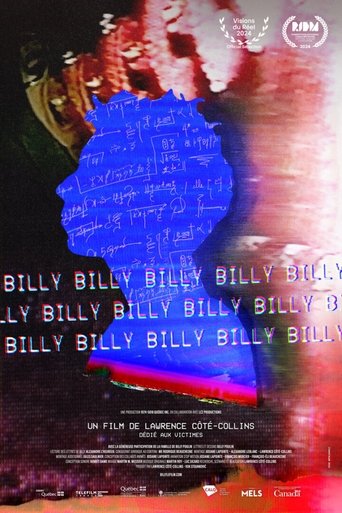
17 Apr 2024

Billy is a film buff who films himself non-stop. During a film shoot, he meets Lawrence Côté-Collins and the two become friends. One night, he assaults her. Years later, in prison for the deaths of two people, Billy is diagnosed with schizophrenia. With the help of the filmmaker, his only remaining relationship apart from his family, his personal archives become an invaluable resource for understanding his illness. A formal deconstruction of schizophrenia through a remarkably open-minded gaze.
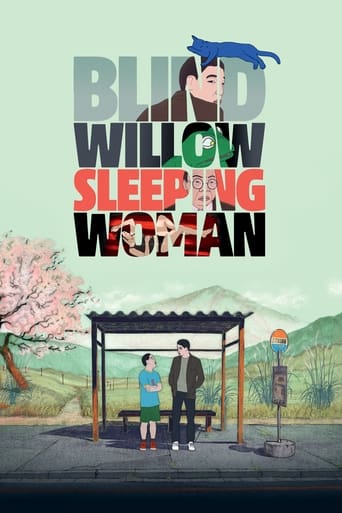
24 Feb 2023

A lost cat, a giant talkative frog and a tsunami help a bank employee without ambition, his frustrated wife and a schizophrenic accountant to save Tokyo from an earthquake and find a meaning to their lives.
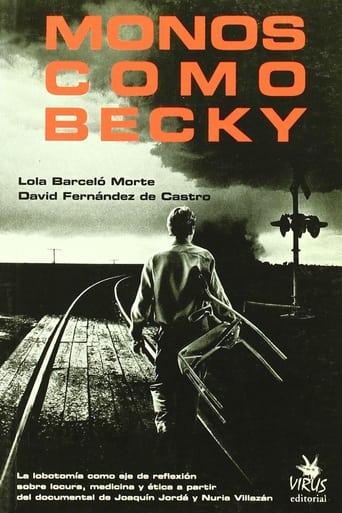
01 Jan 1999

The first part of this documentary deals with the Portuguese neurologist António Egas Moniz, Nobel Prize for Medicine in 1949, one of the first surgeons to apply the technique called lobotomy for the treatment of schizophrenia. The second part deals with the everyday life of people with schizophrenia today: behavior and relationships, and treatment for the disease.
14 Dec 2016
THEY HEARD VOICES is a documentary film exploring the Hearing Voices Movement, chronic psychosis, and the schizophrenia label. The film is a series of wide-ranging interviews with voice hearers, medical historians, anthropologists and psychiatrists from Britain and America, presenting different people’s views. Is schizophrenia hard science or an arbitrary, catch-all term with no real meaning? What does it mean for those experiencing psychosis?
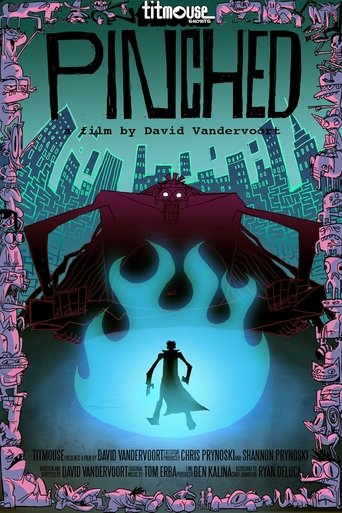
29 Sep 2012

A pickpocket scours the subway at the command of his inner demons, but when a chance encounter with fate brings a long-lost love back into his life, he must defy the voices in his head and choose a righteous path.
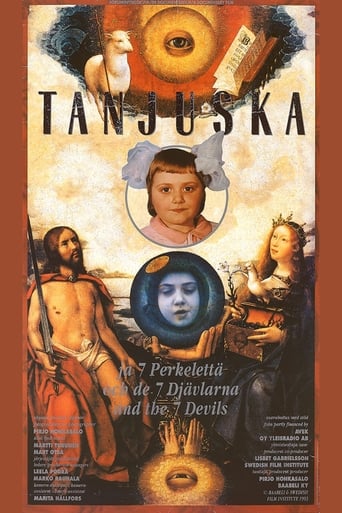
12 Mar 1993

A documentary about Tanjuska who is a 12-year-old White-Russian schoolgirl, with a face like an icon. Two years ago she stopped eating, then talking and finally she stopped growing. The village priest in Estonia has explained to the family that seven devils have made a home inside Tanjuska. These devils are giving her orders and only a daily ceremony can force the devils to leave the girl.
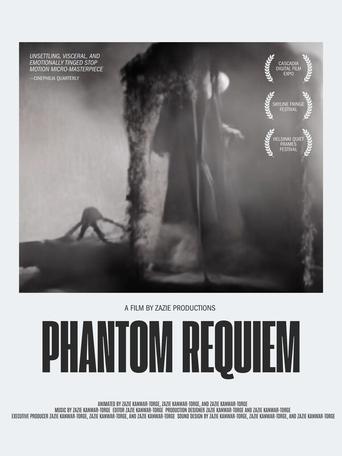
19 Jun 2024

“Phantom Requiem" unfolds in the desolate expanse of an abandoned factory, where shadows and silence are the only remnants of a once-thrumming industrial heartbeat. In this spectral setting, a coterie of puppets emerges—ethereal figures, each step and gesture echoing the dissonant unraveling of a viewer ensnared in a psychotic fugue. Rendered in austere black-and-white, this stop-motion film marries the macabre grace of desolation with the intimate terror of mental dissolution, crafting a visual poem that is both stark and sublime
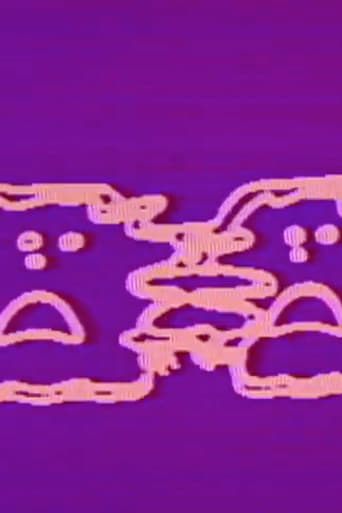
13 Dec 1973

"Video by Bill Etra, early to mid 1970s, perhaps at the WNET TV Lab?"
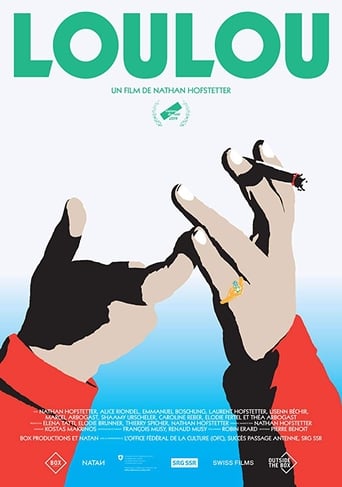
28 May 2020

Nathan was diagnosed with paranoid schizophrenia. Now he's better, before he was much worse. He films himself, his relatives at the hospital, his bipolar best friend, his father, his sister, his mother and his love between 2011 and 2018. For him, everyone is a "loulou", in his own way. It is thanks to them that he finally begins to become a man instead of a madman.
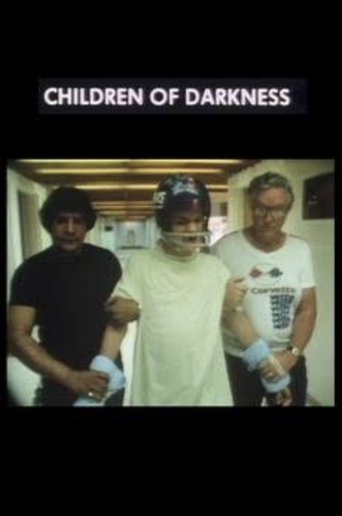
01 Jan 1983

A significant number of American children and teenagers - from all social backgrounds - suffer from mental disorders, schizophrenia, autism and emotional problems, leading them to isolation from society while treating their issues in mental health facilities. But there's no end in sight for those young individuals when they face obstacles and mistreatment in inadequate places under the supervision of careless and inexperienced professionals. The documentary follows some of those public mental institutions and another private center dealing with troubled kids and reveals what's wrong with their procedures, and the irreparable harm they cause in those patients.
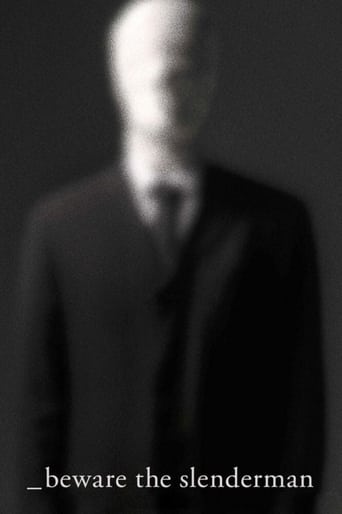
11 Mar 2016

In this horrifyingly modern fairytale lurks an online Boogeyman and two 12-year-old girls who would kill for him. The entrance to the internet quickly leads to its darkest basement. How responsible are our children for what they find there?

02 Jun 2013

Following the Sunnyboys’ enigmatic frontman Jeremy Oxley from the band’s origins, breakthrough success and his subsequent 30-year battle with schizophrenia, The Sunnyboy is one man's inspired story of survival and hope. A meditation on a condition often stigmatised and misunderstood, Kaye Harrison’s documentary buries below the surface of Oxley’s public “identity” to explore his own reality and battle to maintain “self”. Secure in a loving relationship with his partner Mary, Oxley slowly emerges from his solitary torment to join the world we all share. The film follows him as he tentatively unpicks his confused thoughts and feelings about the past with his brother Peter. From his struggle with the physical effects of years spent self-medicating to his hopeful contemplation of a married future and a daring return to the stage, The Sunnyboy is the definitive documentary of Jeremy Oxley's journey from the Sunnyboys and back.
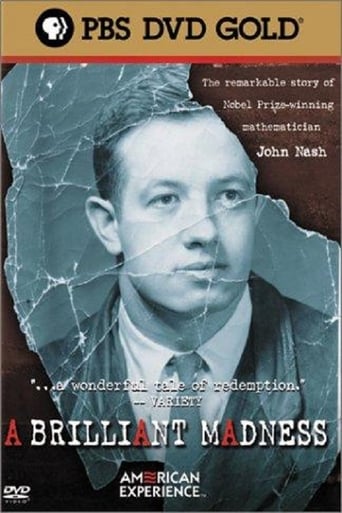
28 May 2002

The life of the Nobel Prize-winning mathematician and schizophrenic John Nash — the inspiration for the feature film A Beautiful Mind — is a powerful exploration of how genius and madness can become intertwined.

14 Sep 2010

Jonas Elrod woke up one day with the ability to see and hear angels, demons and ghosts. Filmed over the course of three years, this documentary follows Jonas and his girlfriend as they try to understand the phenomenon.
19 Jul 2006
It's a sensitive, moving doc chronicling the life of Tétrault's brother Philip , a Montreal poet, musician and diagnosed paranoid schizophrenic. A promising athlete as a child, Philip began experiencing mood swings in his early 20s. His extended family, including his daughter, share their conflicted feelings love, guilt, shame, anger with the camera. They want to make sure he's safe, but how much can they take?